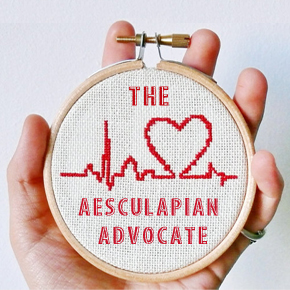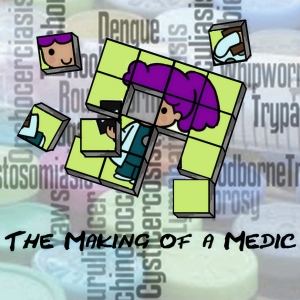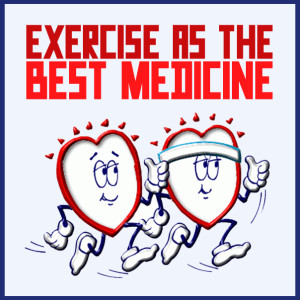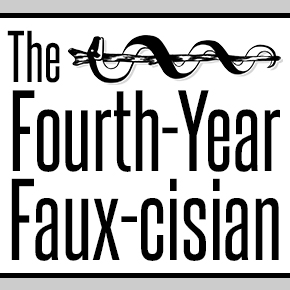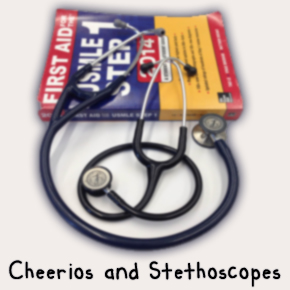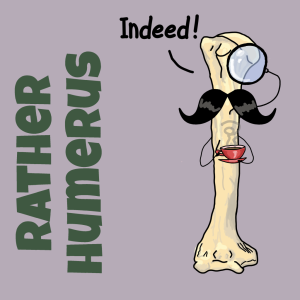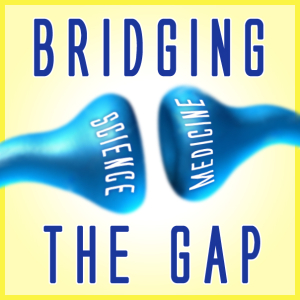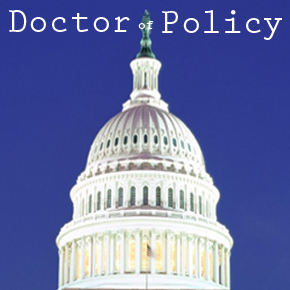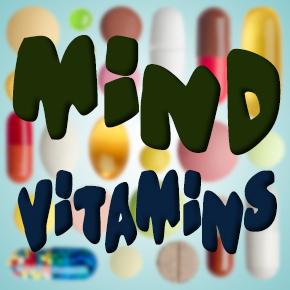Combating Mental Health Stigma and Strengthening Border Communities
President Obama’s executive actions on immigration over the past few years have been met with reactions of both jubilation and opposition. At the border in the Rio Grande Valley, the new law’s effects are acutely felt within a community that prides itself on the blending of American and Mexican culture. The new rules will allow countless mixed status families to remain intact without fear of deportation.

